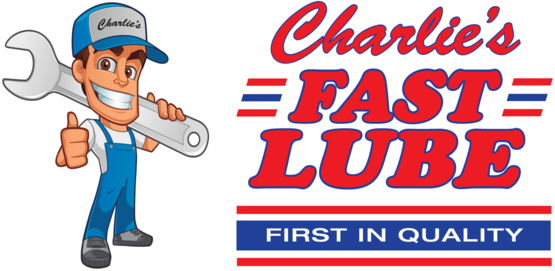PCV Valve Replacement
January 12, 2020
Hello Poplar Bluff, let's talk about your often-unnoticed but extremely important PCV valve. The energy from exploding fuel is what powers your engine. But some of the vapors from the explosions escape into the lower part of the engine, called the crankcase. The crankcase is where your engine oil hangs out. These gases are about 70% unburned fuel. If the gases were allowed to stay in the crankcase, they would quickly contaminate the oil and turn it to sludge. Poplar Bluff folks know that sludge is one of the biggest enemies of your engine, clogging it up and eventually leading to expensive failures. Also, the pressure buildup would cause seals and gaskets to blow out. Therefore, these gases need to be vented out.
Pre-1963, gasoline engines had a hose that let the fumes vent out into the air. In 1963, the federal government required gas engines to have a special one-way valve installed to help reduce dangerous emissions. (Can you imagine how polluted our Missouri air would be if every car had been releasing those poisonous fumes for the last 50 years?) Diesel engines are not required to have these valves.
The positive crankcase ventilation (PCV) valve routes crankcase gases through a hose and back into the air intake system where they are re-burned in the engine. Fresh, clean air is brought into the crankcase through a breather tube. It's really a pretty simple system, but it does the job. The re-circulating air removes moisture and combustion waste from the crankcase, preventing sludge. This extends not only the life of your oil but the engine as well. The PCV relieves pressure in the crankcase, preventing oil leaks.
Eventually, the PCV valve can get gummed up. Then it can't move enough air through the engine to keep it working properly for Poplar Bluff vehicles. If the PCV valve is sticking enough, you could have oil leaks, excess oil consumption and a fouled intake system. If you experience hesitation, surging or an oil leak, it may be a sign of PCV valve problems. Your vehicle's owner's manual may give a recommendation for when the PCV valve should be replaced - usually between 20,000 mi/32,000 km and 50,000 mi/80,000 km. Unfortunately, some don't list a recommendation in the manual, so it can be easy to overlook.
Many PCV system problems can be diagnosed by our technicians at Charlie's Fast Lube Poplar Bluff . Fortunately, PCV valve replacement is both quick and inexpensive at Charlie's Fast Lube Poplar Bluff. Proper oil changes will greatly extend the life of the PCV valve. Skipping a few recommended oil changes can allow varnish and gum to build up in the valve, reducing its efficiency. So now when your Poplar Bluff service technician tells you its time to replace your PCV valve, you will know what he's talking about. If you have had your car for a while and this is the first you've ever heard of a PCV valve, ask your technician to check yours out or call Charlie's Fast Lube Poplar Bluff at 573-686-5585.
Charlie's Fast Lube Poplar Bluff
2020 N. Westwood Blvd
Poplar Bluff, Missouri 63901
573-686-5585
http://www.charliesfastlubepoplarbluff.com
Need Service?
More articles from Charlie's Fast Lube Poplar Bluff

Emergency! (Vehicle Emergency items)
March 9, 2025
"I never expected it could happen to me." Countless drivers have said that after they've had an emergency turn their lives upside down. So before that happens to you, let's thinking about planning ahead for an emergency with a few things you should keep in your vehicle. Road flares. If you've ev... More

It's (Not) Complicated (Engine Air Filter)
March 2, 2025
While many components of your vehicle are complex and composed of lots of mechanical and electrical parts, there's one that isn't complicated but still important. It's your engine air filter. (And, we should point out, the engine air filter isn't to be confused with the cabin air filter. The ca... More

Passing the Test (How to Prevent Emissions Test Failure)
February 23, 2025
Vehicle emission testing has become ubiquitous in North America and for a good reason. Clean air quality is important for the environment and all of us. Since vehicle emissions are among the main causes of air pollution, emission testing can alert you to problems in your vehicle than can be fix... More









